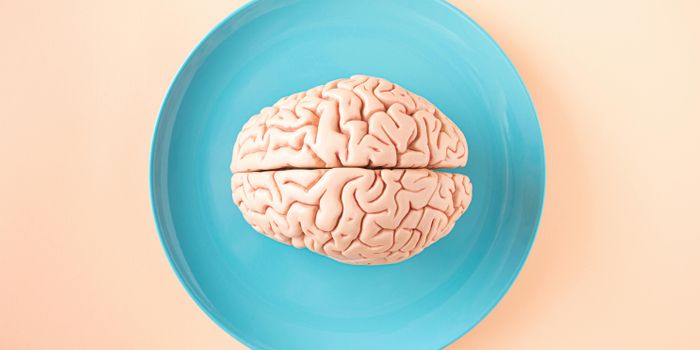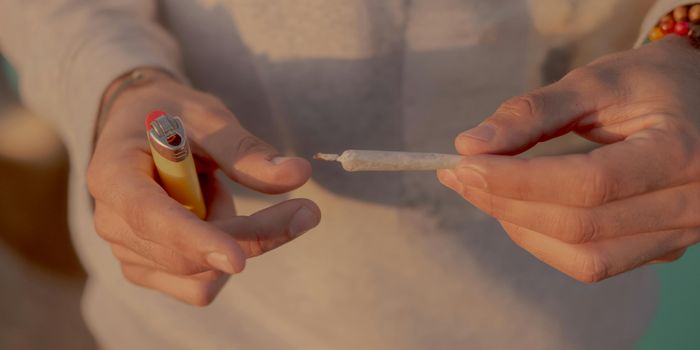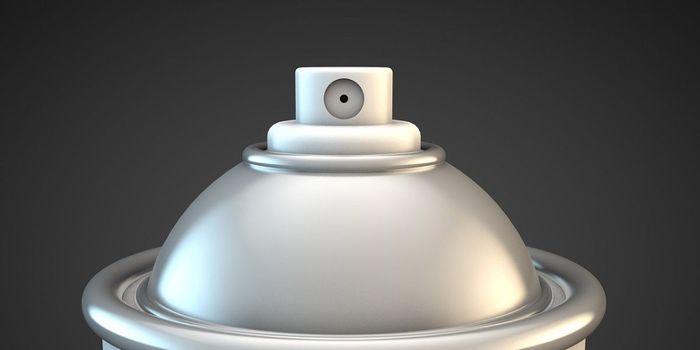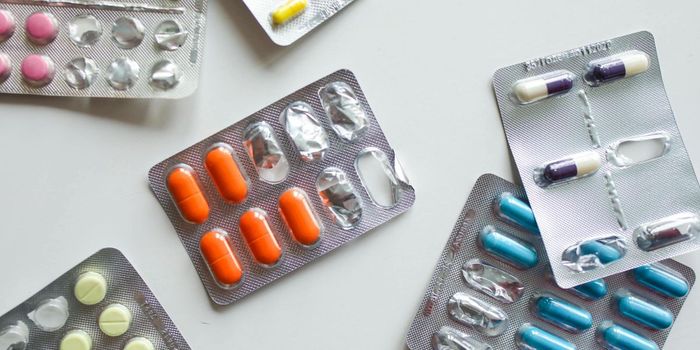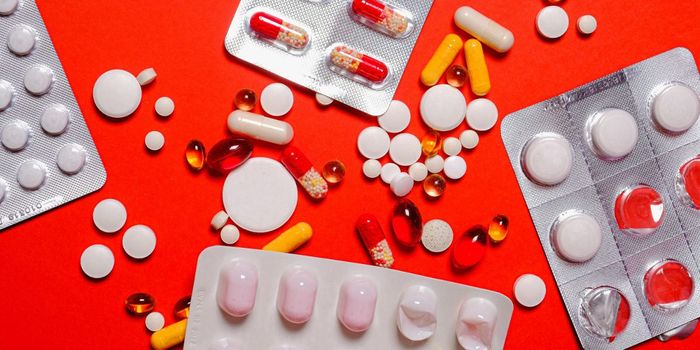
A major health and accident problem in today's society, alcohol dependence causes death, health issues and serious injuries. All told, the costs for alcohol dependence in Sweden are estimated to be about 45 billion SEK (Swedish krona) per year.
Nearly 5 percent of the adult population in Sweden have been diagnosed with alcohol dependence, which corresponds to about 300 000 people. Even more people in Sweden are subject to alcohol consumption that is potentially harmful. About 15 percent of the people in Sweden consume more than 14 standard drinks per week (men) or more than nine standard drinks per week (women).
A new research study conducted on mice and rats at
Sahlgrenska Academy, University of Gothenburg, in Sweden reveals that a medication used for diabetes and obesity also could be a valuable tool for the treatment of alcohol dependence. The study demonstrates that interfering with the hormone GLP-1 could be a viable target for treating alcohol dependence. Researchers have determined that a drug that resembles GLP-1, which is used to treat type 2 diabetes as well as obesity, could be used to treat alcohol dependence as well, according to an article in
Drug Discovery & Development.
Normally, dopamine is released in the brain's reward center in response to drinking alcohol. This leads to a sense of euphoria. The GLP-1-like substance limits the ability of alcohol to increase dopamine in reward areas in the mice. The researchers believe that this suggests that the mice no longer experience a reward from alcohol.
Additionally, the diabetes medication caused the rats to reduce their alcohol intake, as well as reducing the impetus to drink alcohol in rats that were bred to consume a great deal of alcohol. The medication also kept the rats from relapse drinking. Relapses pose a major problem for alcohol dependent individuals.
According to Elisabet Jerlhag, researcher at Sahlgrenska Academy, "The GLP-1-like substance reduced the alcohol consumption by 30 to 40 percent in rats that drank large quantities of alcohol for several months."
There are similar mechanisms that appear to regulate alcohol dependence and binge eating. The hormone GLP-1 is released from the intestines when people eat, causing them to feel sated. It is also released in the brain, thereby reducing food intake.
Jerlhag concluded, "The results of the present study suggest that the physiological role of GLP-1 extends beyond glucose homeostasis and food intake regulation and includes modulation of development of alcohol dependence. In addition, we suggest that medications that resemble GLP-1 could be used to treat alcohol dependence in humans. This will now be studied further."
 A major health and accident problem in today's society, alcohol dependence causes death, health issues and serious injuries. All told, the costs for alcohol dependence in Sweden are estimated to be about 45 billion SEK (Swedish krona) per year.
A major health and accident problem in today's society, alcohol dependence causes death, health issues and serious injuries. All told, the costs for alcohol dependence in Sweden are estimated to be about 45 billion SEK (Swedish krona) per year.
